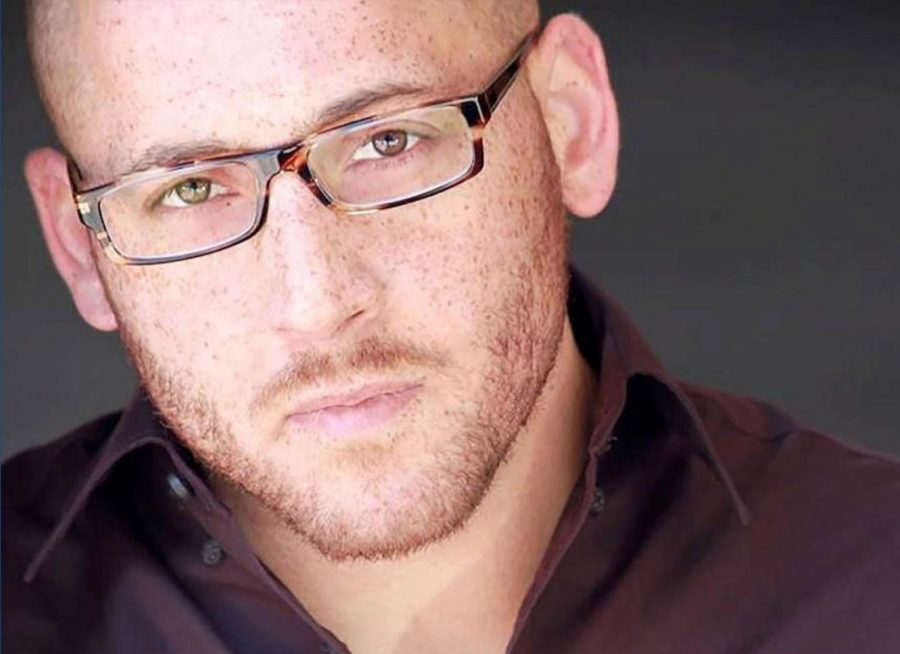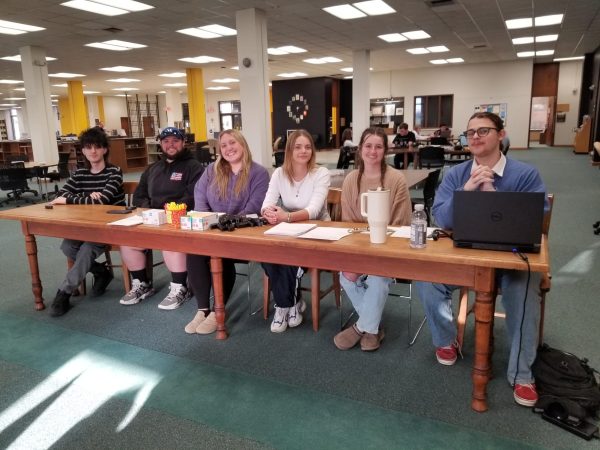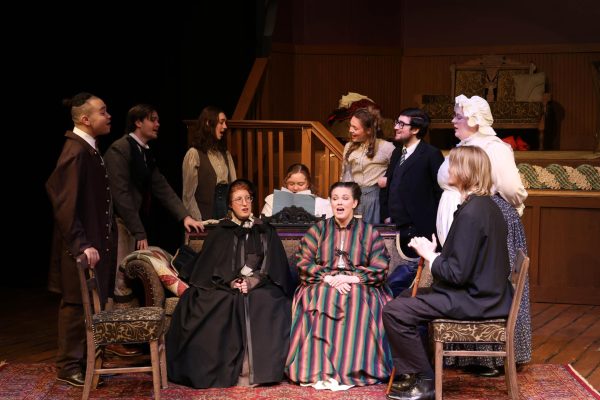Marshall University’s Department of Social Work hosts virtual presentation for Men’s mental health week
On Monday, Mar. 8, Marshall University hosted a virtual presentation open to college students across the entirety of West Virginia for Men’s Mental Health Week. The event was put on mainly by the university’s Social Work Department, with faculty members like Dr. Candace Layne, director of Marshall’s counseling center, Matthew James, Assistant Dean of Student Affairs at Marshall, and Maurice Cooley, Vice President of Marshall’s Student and Intercultural Affairs. Upon the opening of the webinar, the faculty board presentation provided some anecdotes on what marking this occasion means to them and how important it is for college students to be aware of not only their own, but their peers, mental health.
Rather than focusing on Mental Health as a general and broad subject, the event specifically appealed to male identifying individuals to combat the age old stereotype and stigma surrounding men being open and transparent about their emotions. Faculty board member Matthew James illustrated to those attending from Marshall’s campus that he was always there to talk or to listen; “If you just need a guy to talk to, someone to listen to you, as another man, and provide insight and feedback — I am always here for you. Even if you aren’t ready to talk openly about how you’re feeling or why you’re feeling that way, do not keep yourself trapped; we are here for you, I am here for you.”
After a brief introduction and anecdote from faculty board member Maurice Cooley, the keynote speaker for the evening began his presentation; though it felt much more like a testimony. Kevin Hines, an American suicide prevention activist, youtuber, author, and filmmaker, gained nationwide notriety and infamy after surviving an attempted suicidal jump from the Golden Gate Bridge of San Francisco on Sept. 25, 2000. Falling more than 222 ft., roughly 25 stories, at 75 mph in no more than four seconds; upon impact, his lower vertebral column had been shattered into pieces and he was paralyzed from the waist down. Having to swim more than 70 feet upward to the water’s surface without the use of his legs, Hines feared that he would drown as he bobbed up and down within the shifting waters of the bay; but miraculously, a sea lion came to his rescue. The animal kept him afloat by bouncing into his motionless legs, making him into somewhat of a buoy until the Coast Guard arrived to save him. He is one of less than roughly 1% of people who have fallen or jumped from the Golden Gate Bridge to survive; only 36 people, including Hines, have achieved this.
This is not the only thing Hines discussed, of course. For the majority of his presentation, he spoke in great detail of the hardships he experienced growing up within the foster care system and a later broken home, that of which he was adopted into. Hines frequently noted that he was extremely blessed, and he knew that love and support existed all around him; but it is the anxieties and scars from his cruel past and upbringing that plagued his worldview that would lead him to leap from the Golden Gates of San Francisco. If not for the sea lion that saved him, Hines would be dead, and that, he believes, would be his greatest mistake of all; “I wanted to die, I wanted to disappear — but I also wanted so badly for someone, anyone, to just reach out, to ask how I was, to ask if I needed anything or if I needed to talk… because I couldn’t do any of that on my own.”
This is the heart of Hines’s message, and the moral of Men’s Mental Health Week — do not be afraid to reach out. Do not be afraid to talk to someone. Do not be afraid to show and recognize your emotions. And, most importantly, do not give up.
For more information about Kevin Hines and his inspirational story, as well as multiple other resources, please visit https://www.kevinhinesstory.com/.
Creed Kidney, of Glen Dale, W.Va., is a sophomore at West Liberty University and is pursuing a dual degree in illustration and creative arts therapy. He...







